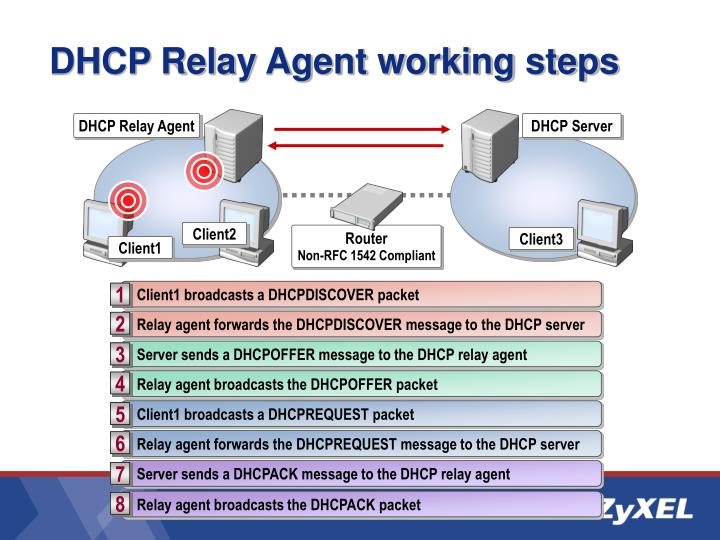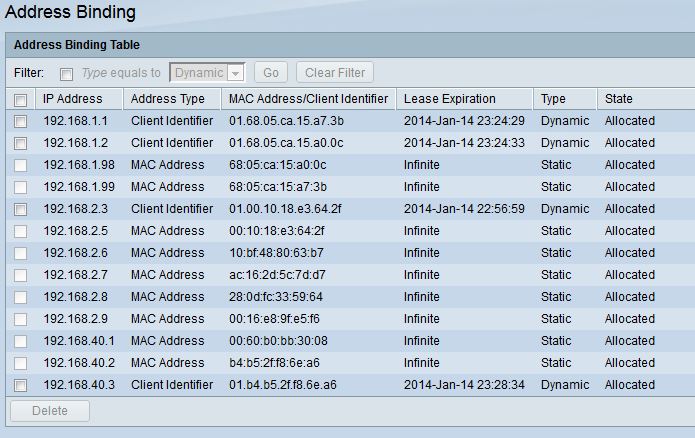

RFC 6842 Client Identifier Option January 2013ġ.

The Trust Legal Provisions and are provided without warranty as

Include Simplified BSD License text as described in Section 4.e of Code Components extracted from this document must Please review these documentsĬarefully, as they describe your rights and restrictions with respect This document is subject to BCP 78 and the IETF Trust's Legal Information about the current status of this document, any errata,Īnd how to provide feedback on it may be obtained atĬopyright (c) 2013 IETF Trust and the persons identified as the Internet Standards is available in Section 2 of RFC 5741. Internet Engineering Steering Group (IESG). Received public review and has been approved for publication by the It represents the consensus of the IETF community. This document is a product of the Internet Engineering Task Force This is an Internet Standards Track document. That the server MUST NOT return the 'client identifier' option to the This document updates RFC 2131 "Dynamic Host Configuration Protocol"īy addressing the issues arising from that document's specification SwamyĬlient Identifier Option in DHCP Server Replies DHCP functions are exposed through Engineering Task Force (IETF) N.This is necessary because Windows Me/98 does not have the Windows XP/2000 equivalence of adapter names. The AdapterName parameter exists on Windows Me/98, but it refers to the adapter index (converted to a string) rather than the adapter name itself.The class identifier (ID) parameter in DHCP functions is the binary class identifier (ID) information to pass in the DHCP INFORM packet through use of the USER CLASS option.The adapter name being passed in DHCP functions should be the adapter GUID for the routine.Programmers using the DHCP Client API should note the following: This capability enables vendor-specific options exposed through DHCP servers to be queried by Windows clients. The Dynamic Host Configuration Protocol (DHCP) Application Programming Interface (API), also referred to as DHCP Client Options, enables Microsoft Windows clients to query specific options from DHCP servers.


 0 kommentar(er)
0 kommentar(er)
